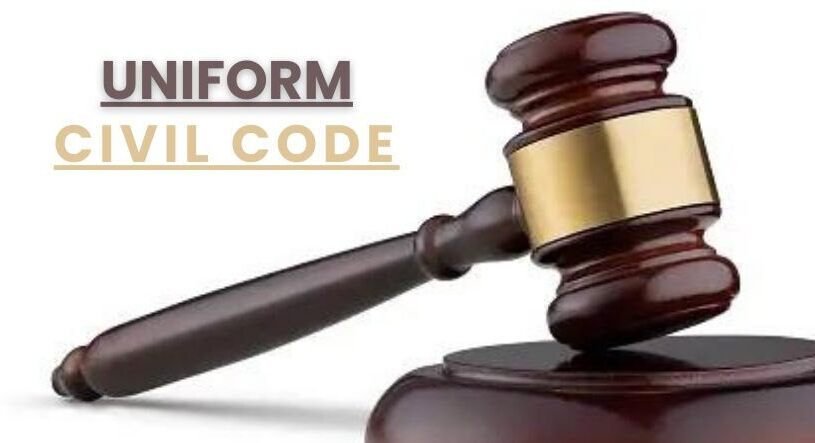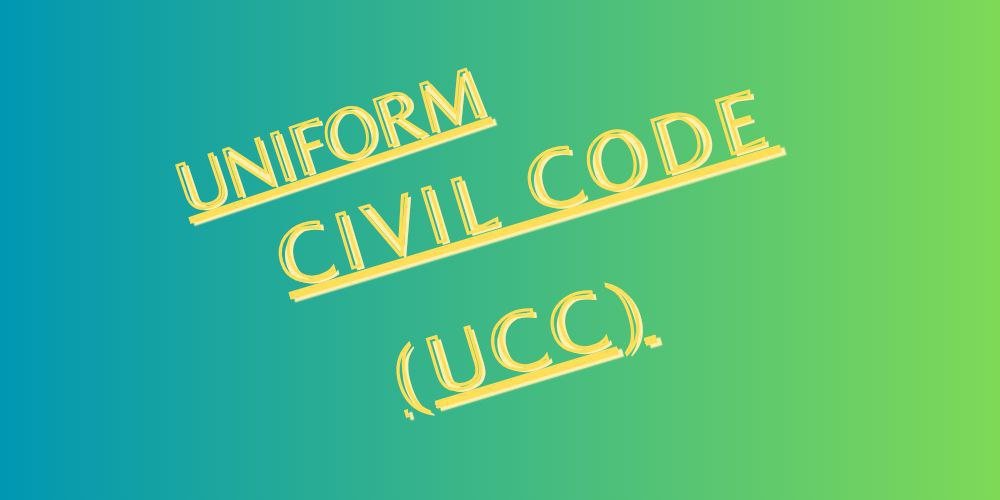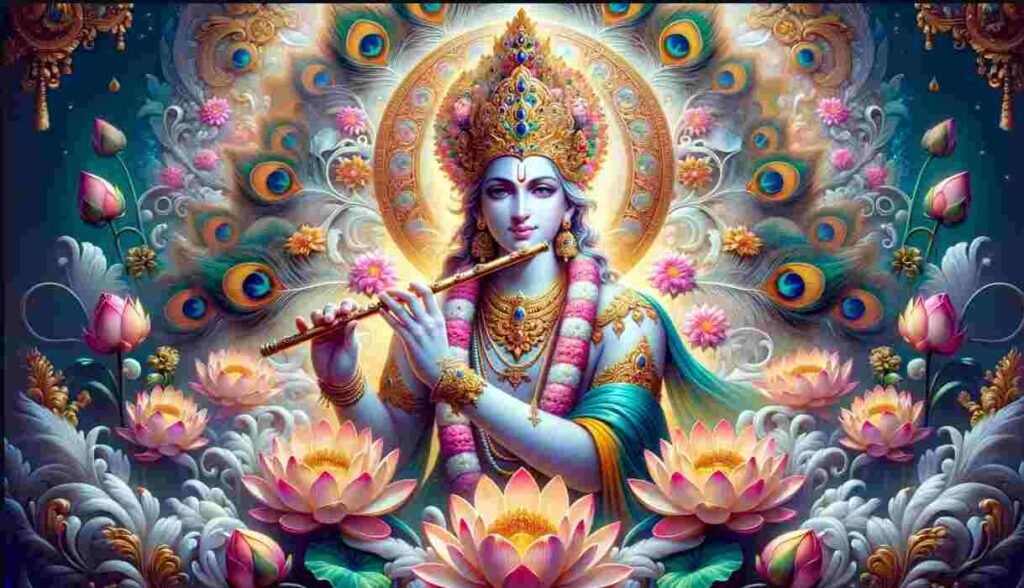Over the creation of a Uniform Civil Code (UCC), India has been embroiled in a contentious debate for a long time. Critics fear that it may restrict religious liberty and cultural diversity, while supporters contend that it will advance equality, national unity, and modernization.
The main benefits and drawbacks of founding a Uniform Civil Code (UCC) in India.

Advantages:
Gender Equality: Existing personal laws based on religious scriptures and customs often disadvantage women in matters of marriage, divorce, inheritance, and custody. In order to promote better gender equality and justice for all… A UCC might be able to outlaw discriminatory practices including polygamy, triple talaq, and unequal inheritance rights.
National Integration: A common set of civil laws for all citizens, regardless of their religion or community, could foster a sense of national unity and belonging. This has the ability to fortify India’s social fabric and lessen religious differences.
Simplification of the Legal System: Currently… India operates under a complex web of personal laws, making legal procedures cumbersome and inconsistent. This UCC will ensure equitable access to justice for all people while streamlining the judicial system and streamlining procedures.
Modernization and Reform: Traditional personal laws often contain outdated provisions that clash with modern values and aspirations. A UCC might offer a chance to update legal systems and deal with problems like child marriage and domestic abuse.
Disadvantages:

Religious Concerns: Certain communities view their personal laws as integral to their religious identity and culture. Imposing a UCC could be perceived as an attack on their religious liberty and raise concerns about potential cultural homogenization.
Logistical Challenges: Implementing a uniform code across a diverse nation like India is no simple feat. Customary practices, regional sensitivities, and implementation obstacles must all be carefully considered.
Political Opposition: The UCC has become a highly politicized issue in India, with strong opinions on both sides. Legal reform initiatives could be derailed by political opposition, which would impede their execution.
Erosion of Cultural Diversity: Critics argue that a UCC could erode India’s rich tapestry of cultural and religious diversity by imposing a homogenized legal framework. They want a more sophisticated strategy that honours and takes into account various traditions.
The Road Ahead:
There will probably be more discussion over the UCC for a while. A solution that strikes a balance between the need for a unified legal system and respect for religious and cultural diversity will be critical. To develop a UCC that is fair.. Just, and acceptable to all Indians, all parties involved in the process must have open and inclusive discussions.

